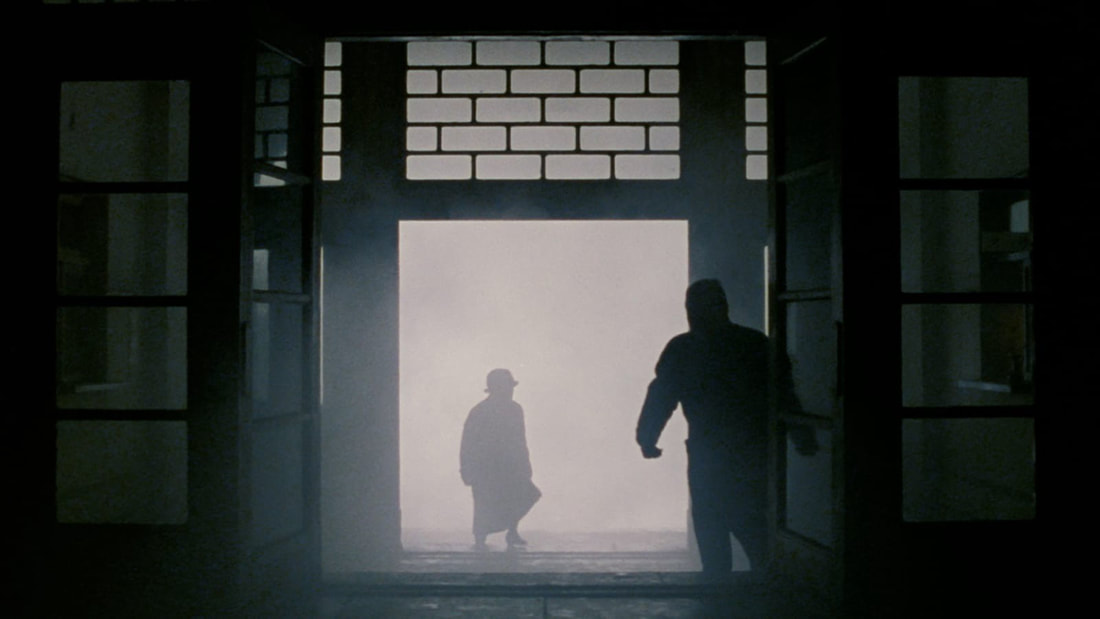|
After Life is such a rich text that in many ways it defies simplistic critique or classification, slowly unfurling over the course of its narrative in a way that strengthens and transcends its clever conception. Kore-eda's tender fable is a self-reflexive ode to cinema as a tool for reflection that delivers a poignant rumination on mortality, experience, and remembrance. Synthesizing both the internal and external nature of living, After Life is a quietly transcendent experience that elucidates how we as emotional beings are deeply sculpted not only by our own memories but also by how we are seen by others. Exposing the false binary we construct between the personal and social, the individual and the collective, After Life details how memory itself, while spawned from one's own interior experiences, is often informed by the connectivity we have through mutual exchange. In a sense, After Life encapsulates the nature of being. A reciprocal entity, one which is constantly in flux due to our nature as social creatures, After Life ultimate details how a sense of catharsis come through acceptance, while somehow simultaneously managing to never be overly assertive in any way, recognizing that everyone's path to such a state is distinct. Quite remarkable how its multitude of characterizations only strengthens over the course of its narrative symbiotically, After Life is a quite remarkable work in which cinema itself is deployed as a tool of reflection to excavate not distract from its thematic ruminations of the essence of being.
0 Comments
Leave a Reply. |
AuthorLove of all things cinema brought me here. Archives
June 2023
|

 RSS Feed
RSS Feed
